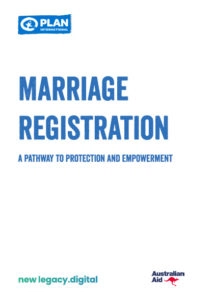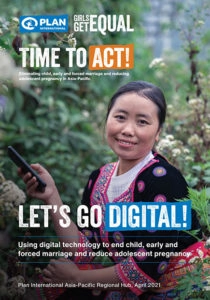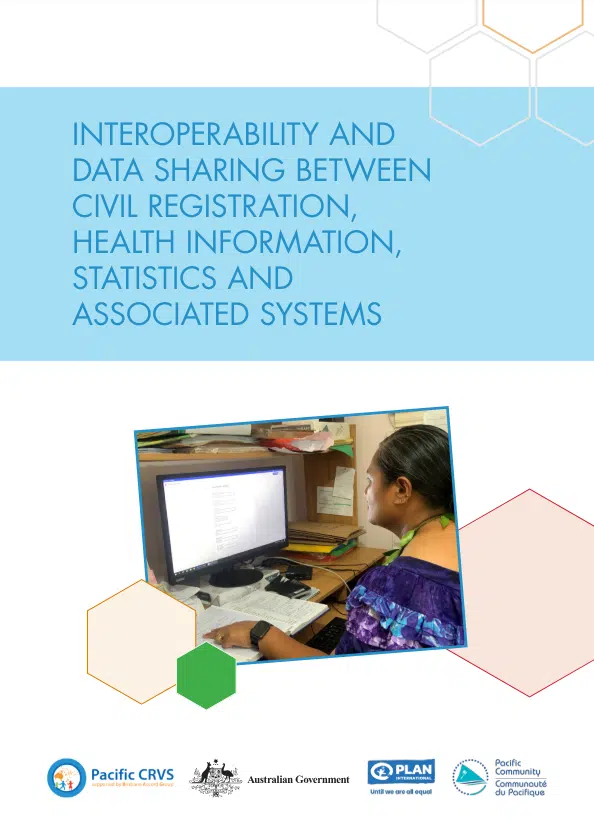
Posted on Mar 4, 2022
Marriage registration: a pathway to protection and empowerment
This study analyses and assesses the current marriage registration system in Bangladesh and identifies recommendations to improve understanding, access and availability of marriage registration services in Bangladesh, including urban, rural, and remote locations.

Posted on May 25, 2021
Time to Act! Let’s Go Digital!
Plan International’s research Time To Act: Let’s Go Digital reveals the benefits of using digital technologies in efforts to eliminate CEFM, particularly in terms of reaching a large number of people at once. The research report also offers key information about more than 40 existing digital technologies and applications with a high potential to prevent and end child marriage.

